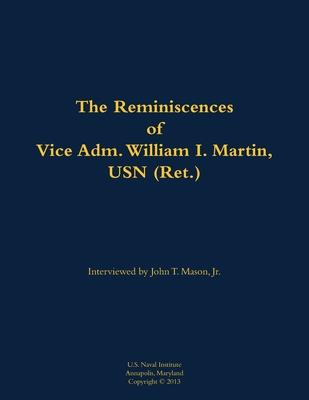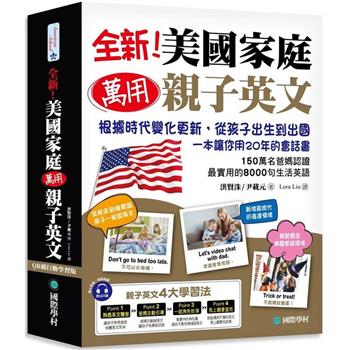Two of the main contributions of this oral history are in describing Admiral Martin’s work as a naval aviation pioneer, particularly in the area of night and all-weather flying, and his repeated contacts with Admiral Arleigh Burke. Martin served as the latter’s executive assistant during Burke’s tenure as Chief of Naval Operations and thus observed him on a daily basis. After Martin graduated from the Naval Academy in 1934, he served 1934-37 in the battleship USS Idaho (BB-42), then received flight training at Pensacola Naval Air Station, 1937-38. Subsequent aviation assignments included: 1938-40 in Scouting Squadron Two (VS-2); 1940-42 as a flight training instructor at Pensacola and Corpus Christi. During World War II combat action, he was executive officer, then commanding officer of Scouting Squadron 10 (VS-10); commanding officer of Torpedo Squadron Ten (VT-10), and Commander Night Air Group 90 - all on board the carrier Enterprise (CV-6). In the summer of 1945 he served on the U.S. Fleet staff for anti-kamikaze experimental work. From 1945 to 1948 he was a test pilot at the Naval Air Test Center, Patuxent River. He served 1948-50 as executive officer of the Fleet All-Weather Training Unit Pacific (FAWTUPAC), and was a student at the Naval War College, 1950-51. From 1951 to 1953, Martin was all-weather flight coordinator in OP-05W, the Air Warfare Division of OpNav, then served 1953-55 as commanding officer of FAWTUPAC. He commanded the aircraft carrier Saipan (CVL-48) in 1955-56, notably in providing rescue and relief following a 1955 hurricane that hit Tampico, Mexico. In 1956-57 Martin was CNO Arleigh Burke’s executive assistant. He served 1957-58 as chief of staff to Commander Carrier Division Five; in 1958-59 commanded the Airborne Early Warning Wing at Argentia, Newfoundland; and commanded Carrier Division 19 in the Pacific, 1959-60. In 1960-61 he was deputy chief of the U.S. Military Assistance Advisory Group in West Germany. After a tour from 1961 to 1963 as Chief of Naval Air Reserve Training, he commanded Carrier Division Two, leading the planning for Operation Sea Orbit, an around-the-world cruise by the world’s first nuclear-powered task force. He served as Assistant CNO (Air) from 1964 to 1967; commanded the Sixth Fleet, 1967-68; and was deputy and chief of staff for Commander in Chief Atlantic Fleet, 1968-71. After his retirement from active naval service, Admiral Martin worked for Grumman Aerospace Corporation.
| FindBook |
有 1 項符合
Reminiscences of Vice Adm. William I. Martin, USN (Ret.)的圖書 |
 |
Reminiscences of Vice Adm. William I. Martin, USN (Ret.) 作者:Martin 出版社:US Naval Institute Press 出版日期:2017-04-20 語言:英文 規格:平裝 / 356頁 / 27.94 x 21.59 x 1.88 cm / 普通級/ 初版 |
| 圖書館借閱 |
| 國家圖書館 | 全國圖書書目資訊網 | 國立公共資訊圖書館 | 電子書服務平台 | MetaCat 跨館整合查詢 |
| 臺北市立圖書館 | 新北市立圖書館 | 基隆市公共圖書館 | 桃園市立圖書館 | 新竹縣公共圖書館 |
| 苗栗縣立圖書館 | 臺中市立圖書館 | 彰化縣公共圖書館 | 南投縣文化局 | 雲林縣公共圖書館 |
| 嘉義縣圖書館 | 臺南市立圖書館 | 高雄市立圖書館 | 屏東縣公共圖書館 | 宜蘭縣公共圖書館 |
| 花蓮縣文化局 | 臺東縣文化處 |
|
|
圖書介紹 - 資料來源:博客來 評分:
圖書名稱:Reminiscences of Vice Adm. William I. Martin, USN (Ret.)
|










